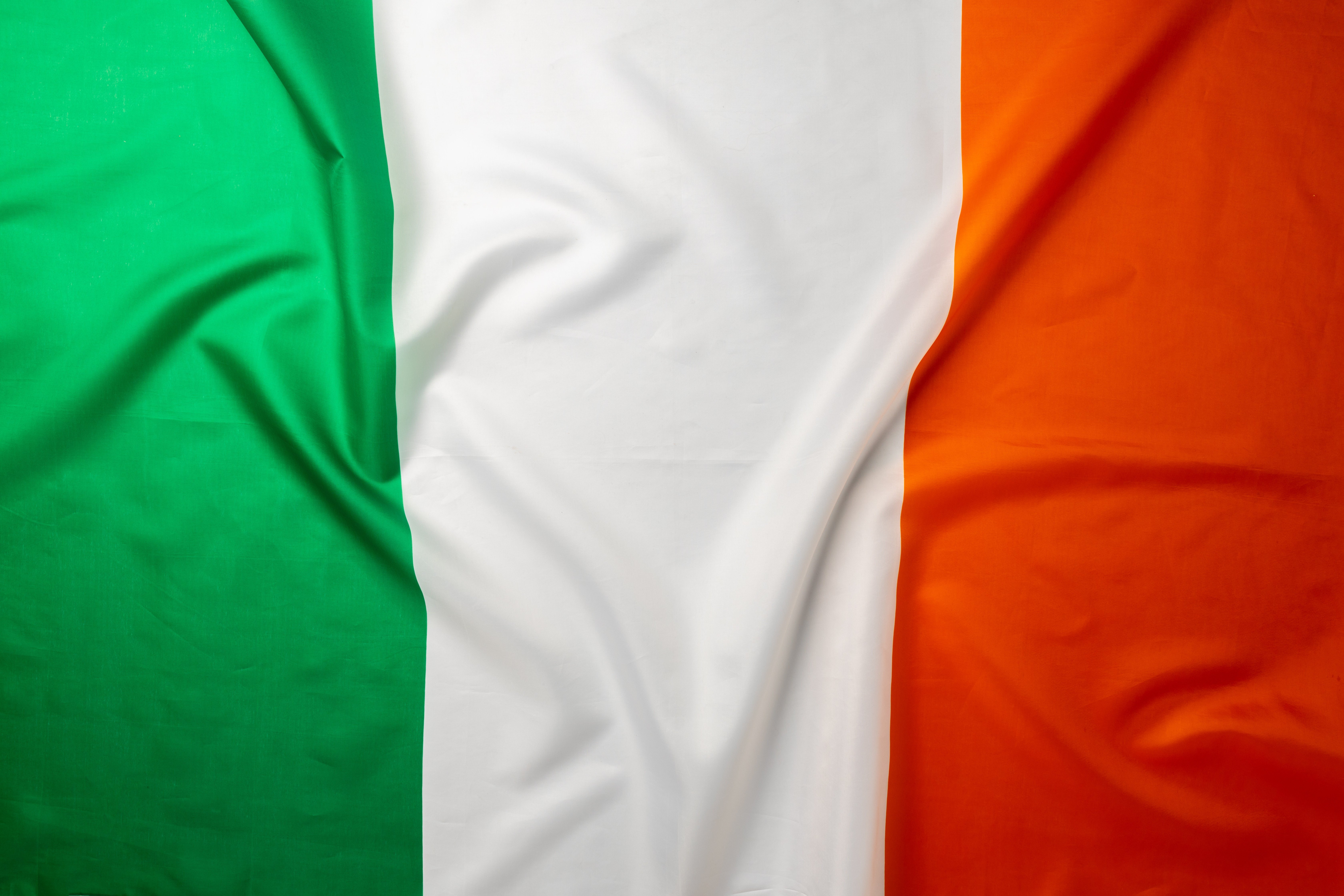
IrishAmericansSupportIreland.com
Mass Immigration - Destroying Irish Culture
Mass Immigration - Creating a Housing Crisis
Globalist Politician - Ignoring Irish Voices, Kneeling to the EU
Crime - Increasing for all cities and towns
NEW THREAT - Censorship from the EU
GARDA AND GOVT OFFICIALS - TAKE ACTION
Have information on the anti-Irish work of Harris, Simon, McEntee, Richmond and other Gombeen EU Overlords from working in the Garda, the Irish Govt or elsewhere.
Send a CONFIDENTIAL EMAIL TO [email protected]
ALL INFORMATION IS CONFIDENTIAL.
CREATE AND SEND YOUR EMAIL FROM A NEW EMAIL ACCOUNT (like Gmail)
KEEP THIS ACCOUNT TO YOURSELF AND READY TO DELETE IT.
THE EU HATE SPEECH LAW MEANS LESS FREEDOM FOR IRISH CITIZENS.
BLOW THE WHISTLE ON GLOBALIST GOMBEENS!

Build Transforming Habits: Inner Balance & Swords
The Scholar Warrior Way involves reading books, taking courses and significant self-reflection.
One assignment for the next two weeks is: Don’t Meddle.
This assignment is the second shortest one that I’ve ever received. The first one was a philosophy paper with one word. “Why?” My answer on the assignment was two words: “Why not?”
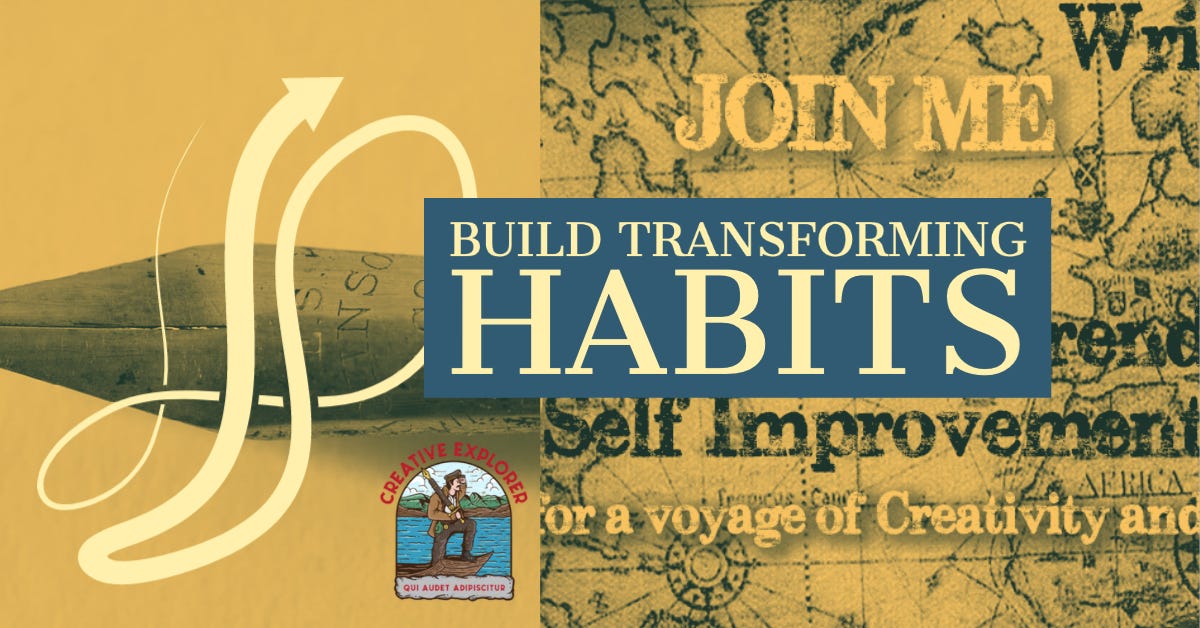
“Don’t Meddle” is meant to alter my perspective in a few ways but, in general, not be so invested in the outcome with pushing, intensity, want, desire, etc., toward a particular goal, outcome or reality. Humans all have an inner voice. Humans all have an intense vested emotional interest in attaining an objective due to a feeling of ‘lack’. Humans all have a sense of looking to the past with some regret and the future with anxiety.
What if I could adjust all three with this new thought: “Don’t Meddle.” I take this direction as a ‘glow with the flow vibe’ which one gets or used to get in abundance growing in California in its heyday. A critical part of the “Don’t Meddle” is about being Resourced which (as I recall) was having a sense of balance and inner ‘neutrality’.
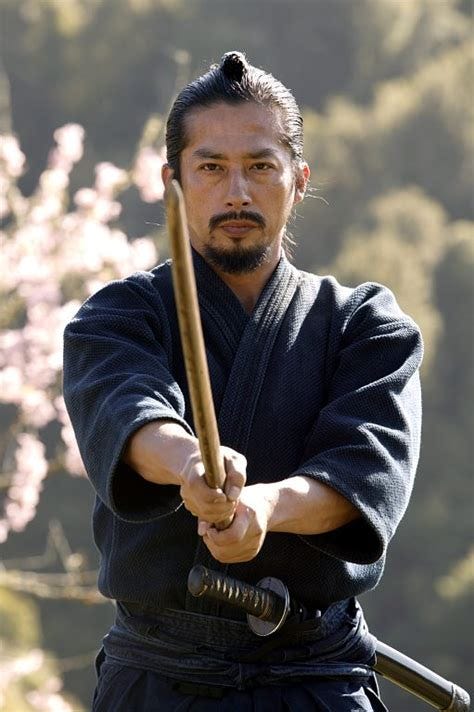
These concepts led me to think about a famous Japanese swordfighter, my cat and The Best Place to Be. Not necessarily in that order.
Enter the Japanese Swordfighter
Miyamoto Musashi (1534 to 1645) is a Kensei, sword saint of Japan, known for his unique double-blade swordsmanship in an undefeated 61 duels. He established a style of swordsmanship and wrote “The Book of Five Rings.” He engaged in the Japanese samurai practice of Musha Shugyo, traveling and engaging in duels in a pilgrimage common in many societies, including Japan, China and the knights of Western Europe. This quest or pilgrimage is done without the protection of family nor one’s martial school.
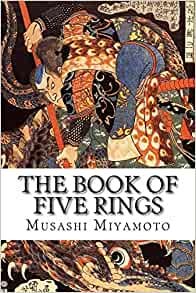
Many people revile battle of any kind but are so naïve as to think that their protestations or meditation would have been a match for the machine guns, artillery or brute force of Hitler’s Socialists, Stalin’s henchmen or Mao’s reeducation camps. Pol Pot’s mercy? Putting aside these delusions, one must examine the Japanese culture in his history and context.
The sword in Japanese culture represents not just fighting but cultivation of the self. The ancient Japanese homeland was a place of furious and constant clan warfare, vicious, mercurial and unpredictable until the Tokugawa Shogunate brought a semblance of balance and neutrality to the land. I remember reading that the Shogun (supreme leader) of Japan moved any rivals or malcontent lords from the center of Japanese lands to the farther edges where they were isolated from the strong center. A form of balancing in geographic, political and military terms to a point of neutrality.
In ancient Japan's swordfighting world, the sword masters sought a Zen like enlightenment through their swordsmanship and spoke of trascending life and death. They called this, not the sword of death, but the sword of life. The sword is killing not people but egoism, duality and illusion.
In this arena, we find a position of neutrality between Life and Death. We are not regretful about our past life nor anxious about our future death. In this arena of neutrality, we find a balance, a contentment, a place of being present in the Now. In this interpretation, when the Warrior engages in battle, the Scholar seeks this point of neutrality about one's own Life or Death in a lethal engagement.
This point of neutrality could be called ‘indifference’, ‘meaninglessness’, ‘unimportance’, or ‘irrelevance’. Musashi refers to this consciousness in his “The Book of Void” which examines the nature of human knowledge and more dealing with “That which cannot be seen.” Void means nothing which I perceive as a dark space without light, feeling, sound, touch, without anything. This concept is almost impossible for humans with our numerous senses and sensors along with the constantly engaged social media and human interaction.
Oh My God. Left alone with ourselves. What would we do?
We would have to reflect on our own selves and that can be a frightful concept with our triumphs and tragedies, victories and defeats and more.
To a sword fighter like Musashi, he must live 100% in the moment when a sword is thrashing at him for his response. Think of it. Musashi is not thinking when he has to clean up his dojo. Did he send the best present to his benefactors? "Oh, have to buy more rice down at the market from that toothless guy." No. Nothing.
At that moment, nothing else matters. Not even one’s Life or Death. Just the moment. A stillness.
Get This: The Japanese Sword Fighting Master focused to engage and live through a microsecond of his blade’s cut. Live in That Now.
In this void is the virtue of self without evil. "Wisdom has existence, principle has existence, the Way has existence, spirit is nothingness." In speaking of his Void, Musashi was grasping for concepts and ideas - but he is on an inner pilgrimage for well-being and balance. His search for "Emptiness" or "Nothingness" reflect some classical Buddhist elements which is empty of good versus evil, wanting or non-wanting.
Here is where one leaps into enlightenment or Satori.
How We Swordfight Every Day
We are fighting with swords every day. Think of the saying, "The pen is mightier than the sword" because words - thinking, speaking and writing - are indeed very powerful.
Our inner voice serves an important function for human beings. We combine conscious thoughts with our unconscious beliefs and biases to interpret and process daily living. This inner voice can be supportive or destructive.
Now, inner statements are there for safety, calm and assurance. “Be careful.” “Let’s think about this situation before acting” “You got this.” The inner voice also has a destructive side of “I’m not good enough”, “I’m a terrible person” or “You’ll never amount to anything.”
Whether you are an entrepreneur, athlete, artist, writer, or filmmaker, positive self-talk is essential to your success. Negative self-talk can lead to a perpetual cycle of self-doubt and low confidence. It can also interfere with the ability to make sound decisions and keep yourself motivated. In this blog post we will explore what negative self-talk is and how you can combat it with positive self-talk.
Negative self-talk is the kind of internal dialogue that tears us down—the voice in our head that says we’re not good enough, or that we don’t have what it takes to succeed. It's the voice that tells us we're never going to make it and that we should just give up now. Negative thoughts like these can be triggered by feelings of insecurity or fear, but they can also be caused by external factors such as criticism from others. The problem with negative self-talk is that it typically does not reflect reality, and so it can convince people, wrongly, that they are not only not good enough, but that they can never get better; this paralysis into inaction leads to a sort of mental “prison” where one gets stuck in a cycle of ruminating over their shortcomings and failures.
Positive self talk on the other hand encourages us to look at our strengths and weaknesses objectively and realistically. Instead of saying “I'm never going to be successful” a person engaging in positive self talk might say “I'm having difficulty right now but if I continue working hard I know I'll eventually reach my goals”. By focusing on what we have control over (in this case our own effort) instead of worrying about things outside our control (like outside opinions) we are able to stay focused on what matters most—making progress towards our goals! Furthermore when engaging in positive self talk regularly people tend to feel more motivated which helps them persist even during challenging times.
I use the term “Inner Roomate” because this ‘person’ is someone I have to get along with. I thank them for their advice – good or bad – and go on my merry way. I don’t hate them or avoid them or beat them up. They are my Inner Roomate and I just put them in perspective.
In cycling back to the beginning, we work toward a "Don’t Meddle" attitude which is balance into neutrality. The Inner Roommate talk can be both for safety and concern and calm and encouragement. Balance.
Part Two: Cats - Masters of Indifference!
Immigration Video-Ireland
Understand What is Killing Ireland
Nick Delehanty
Eddie Hobbs
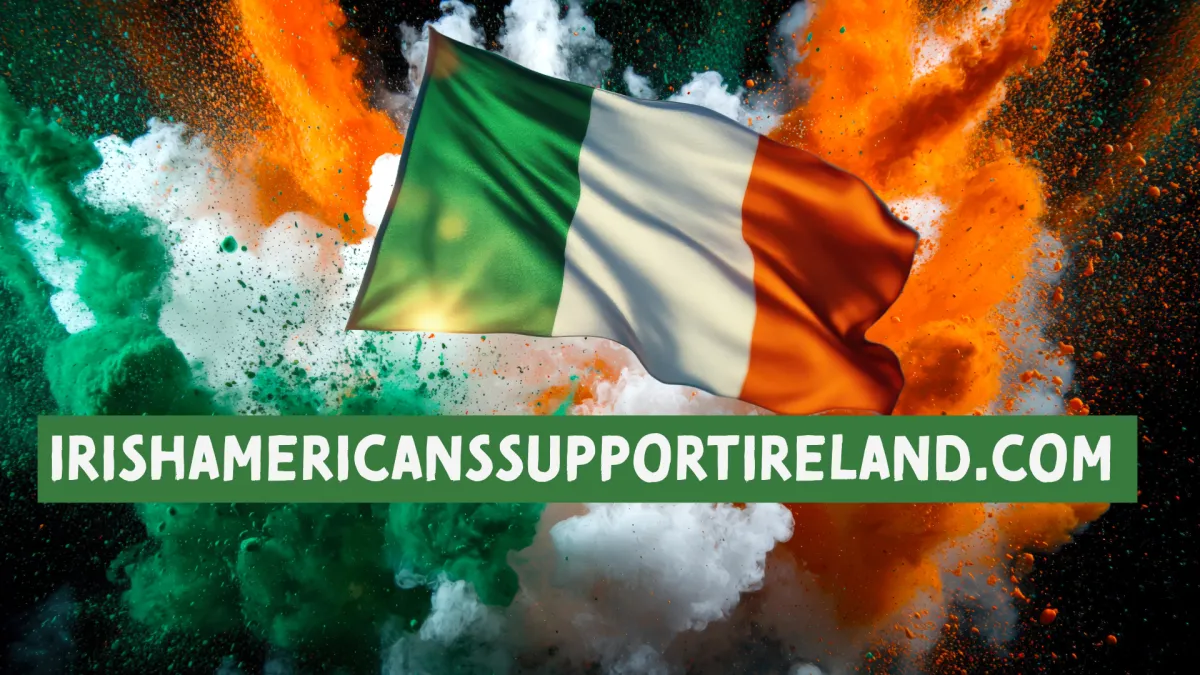
Go to "X" and join our community
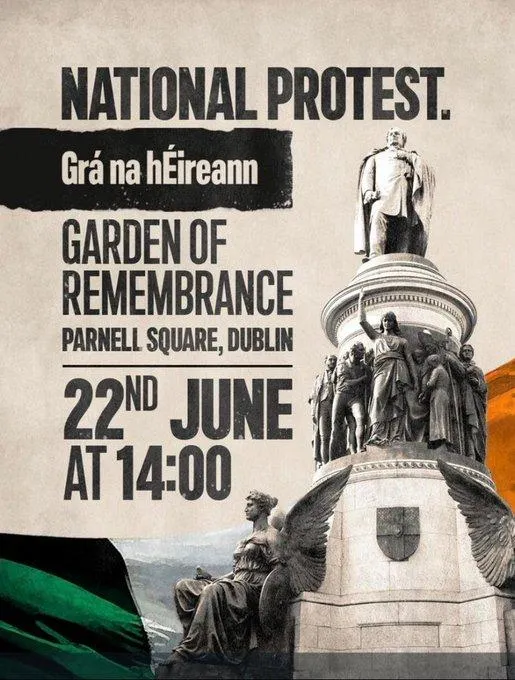
JUNE 22ND 2pm
Irish Demonstration - Dublin
Garden of Remembrance
Demonstrations are organizing.

Go to "X" and join our community
NO IRISH PRESS FREEDOM
Ben Scallan Reports
https://www.youtube.com/watch?v=eZFH_zFy2kgIndependent media is an essential part of any free society, and is vital for keeping the political establishment in check. But how can journalists hold government politicians to account, when they’re all in bed together - sometimes literally? Ben Scallan investigates.

Go to "X" and join our community
IMMIGRATION
Senator Sharon Keogan Speaks
Senator Keogan speaks on the massive 110,000 person rally held in Dublin on April 26th to keep Irelad for the Irish. The Dail (Parliament) has completely ignored the issue of immigrationn and the voices of the Irish people.
Senator Keogan takes them to task!

Go to "X" and join our community
INVESTIGATE
Young Irish Man Takes Beating
Watch this video. A young Irish man, maybe in County Tipperary, is pushed around and beaten by aother man. Who is he? Did the police (Garda) investigae or ignore it? What about the media?
We believe that both might do NOTHING.
Contribute clues and notes on X now and help.

Go to "X" and contribute clues on this Pinned Post.
get informed. fight for irish sovereignty
Frequently Asked Questions
Learn about the problem to help fight for the Solution.
Question 1: What do you mean "Join the Fight" in Ireland?
Globalists like Micheal Martin and others are kowtowing to the EU and allowing massive immigration - illegal and legal - into Ireland. With no vetting of the immigration. Crime rates have gone way up. The charming streets of Dublin are no more. The Irish government ignores the Irish people's concerns and voices - imposing IPAS immigration centers of hundreds into small towns in Ireland. The result: Devastation of the Irish people and its culture.
Question 2: What can I do as an Irish-American in America?
Take Action! Public pressure to Irish American politicians who recognize the Globalist threat to the Irish culture and Irish people can help. Support Irish politicians in Ireland. Support Irish media (not RTE!) and fight for the Irish people. We have a list! We are working on action points too that you could undertake to help the good For the Irish politicians and other activists.
Question 3: Who are these Globalists and what is their agenda?
Globalists in Irish government include many officials who disdain or outright hate the concept of Irish sovereignty and nationhood. Ireland fought repression and genocide for 800 years and its people are not going to surrender to the EU crowd. Prominent globalists Irish politicians (we have a list!) are Micheal Martin, Simon Harris, Helen McEntee, Neale Richmond and more. They are gombeens, an Irish word for a greedy person who looks out for themselves to make money. And the Irish illegal and legal immigration industry is full of these gombeens.
Question 4: What if I do nothing?
Ireland and the Irish culture will be gone. Some projections indicate, with unchecked immigration, that the native Irish people will be a minority in their own country in 10 years. When your grandchildren want to hear the story of how you helped save Ireland, have something to tell them!

X